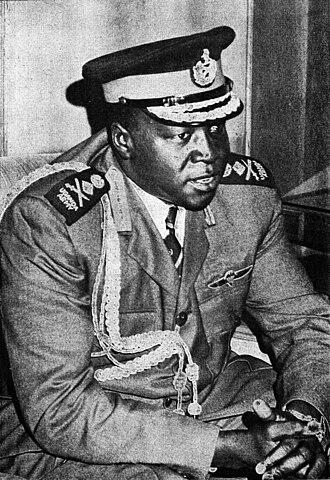| << | April 1979 | >> | ||||
|---|---|---|---|---|---|---|
| Su | Mo | Tu | We | Th | Fr | Sa |
| 1 | 2 | 3 | 4 | 5 | 6 | 7 |
| 8 | 9 | 10 | 11 | 12 | 13 | 14 |
| 15 | 16 | 17 | 18 | 19 | 20 | 21 |
| 22 | 23 | 24 | 25 | 26 | 27 | 28 |
| 29 | 30 | |||||



The following events occurred in April 1979:
Contents
- April 1, 1979 (Sunday)
- April 2, 1979 (Monday)
- April 3, 1979 (Tuesday)
- April 4, 1979 (Wednesday)
- April 5, 1979 (Thursday)
- April 6, 1979 (Friday)
- April 7, 1979 (Saturday)
- April 8, 1979 (Sunday)
- April 9, 1979 (Monday)
- April 10, 1979 (Tuesday)
- April 11, 1979 (Wednesday)
- April 12, 1979 (Thursday)
- April 13, 1979 (Friday)
- April 14, 1979 (Saturday)
- April 15, 1979 (Sunday)
- April 16, 1979 (Monday)
- April 17, 1979 (Tuesday)
- April 18, 1979 (Wednesday)
- April 19, 1979 (Thursday)
- April 20, 1979 (Friday)
- April 21, 1979 (Saturday)
- April 22, 1979 (Sunday)
- April 23, 1979 (Monday)
- April 24, 1979 (Tuesday)
- April 25, 1979 (Wednesday)
- April 26, 1979 (Thursday)
- April 27, 1979 (Friday)
- April 28, 1979 (Saturday)
- April 29, 1979 (Sunday)
- April 30, 1979 (Monday)
- References


